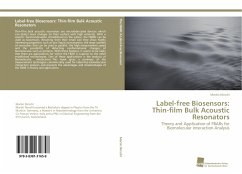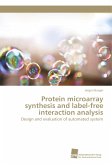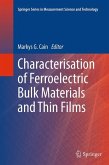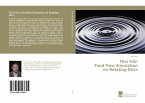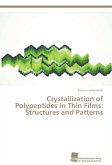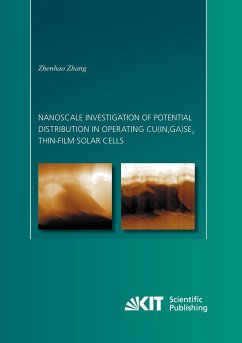Thin-film bulk acoustic resonators are microfabricated devices which can detect mass changes on their surface with high sensivity. With a specific functionalisation immobilised on the suface, the FBARs can be used as biosensors. Resulting from their small size they show highly interesting properties such as low liquid consumption, the large number of resonators that can be used in parallel, the high measurement speed and the possibility of detecting conformational changes of biomolecules such as proteins. With these features, it seems to be likely that there are applications for which the FBAR is superior to the other established technologies. One of these applications is the analysis of biomolecular interactions. This book gives a summary of the measurement technogies commercially used for label-free biomolecular interaction analysis and presents the advantages and disadvantages of the FBAR in theory and application.
Bitte wählen Sie Ihr Anliegen aus.
Rechnungen
Retourenschein anfordern
Bestellstatus
Storno

